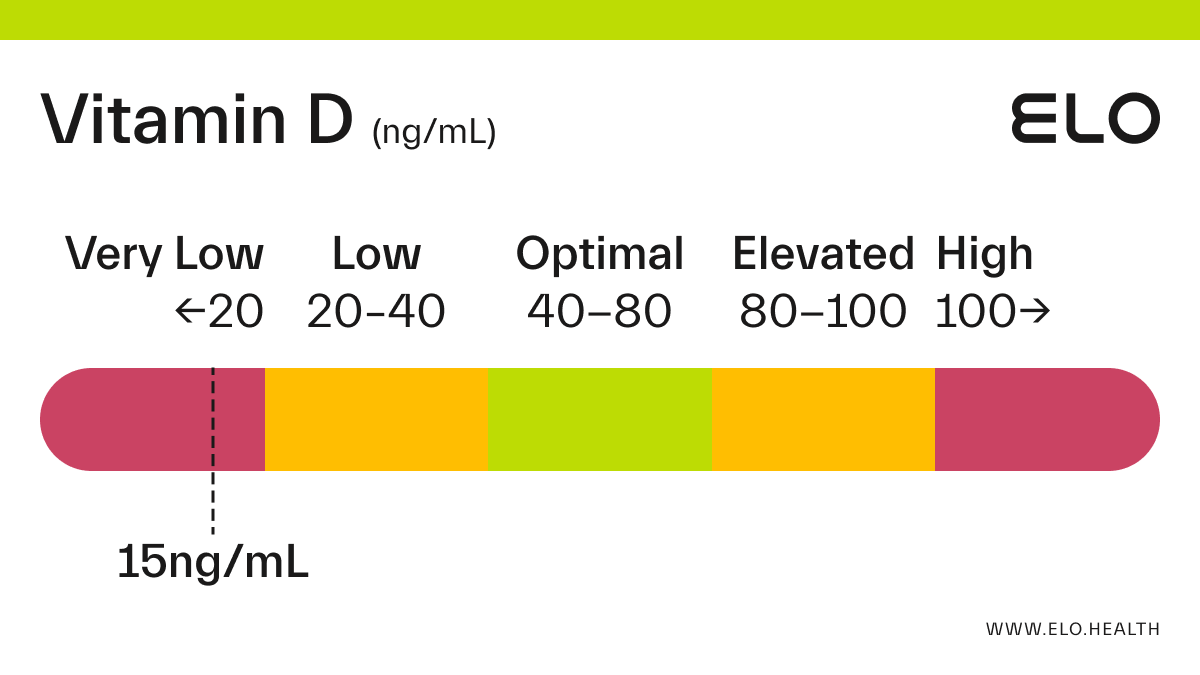- Empty cart.
- Continue Shopping
How to Maintain Healthy Vitamin D Levels

Vitamin D plays a crucial role in overall health, impacting everything from bone strength to immune function. Maintaining healthy levels of this vitamin is vital for your well-being.
Understand the Importance of Vitamin D
Vitamin D is essential for:
- Bone Health: It helps your body absorb calcium, crucial for maintaining strong bones and teeth.
- Immune Function: It supports a healthy immune system, helping your body fight off infections.
- Mood Regulation: It may play a role in mood regulation and can help combat symptoms of depression.
- Muscle Function: It aids in muscle function and strength.
- Heart Health: Some studies suggest it may help maintain a healthy heart.
Get Safe Sun Exposure
Sunlight is a natural source of Vitamin D. Spending time outdoors, especially during midday when the sun is strongest, can help your body produce Vitamin D. Aim for about 10-30 minutes of sun exposure daily on arms, legs, face, or back without sunscreen.
Include Vitamin D-Rich Foods in Your Diet
Certain foods are naturally high in Vitamin D or are fortified with it. Incorporate these into your diet:
- Fatty Fish: Salmon, mackerel, and sardines are excellent sources of Vitamin D.
- Egg Yolks: They contain small amounts of Vitamin D.
- Mushrooms: Some varieties of mushrooms are exposed to UV light during growing, which increases their Vitamin D content.
- Fortified Foods: Many dairy products, plant-based milk alternatives, cereals, and orange juice are fortified with Vitamin D.
Consider Vitamin D Supplements
If you have limited sun exposure, live in a northern latitude, or have specific dietary restrictions, consider talking to a healthcare provider about Vitamin D supplements. They can recommend the right dosage based on your individual needs.
Practice Safe Sun Habits
While sun exposure is important for Vitamin D synthesis, it’s crucial to do so safely. Avoid prolonged sun exposure without protection to reduce the risk of skin cancer. When necessary, use sunscreen, wear protective clothing, and seek shade during peak sunlight hours.
Monitor Your Vitamin D Levels
Regularly checking your Vitamin D levels through blood tests can help you ensure you’re maintaining healthy levels. This is especially important for individuals who may be at higher risk of deficiency, such as older adults, people with darker skin, and those with limited sun exposure.
Be Mindful of Factors that Affect Absorption
Certain factors can affect your body’s ability to absorb Vitamin D. These include obesity, gastrointestinal disorders, and some medications. If you have any of these factors, consult a healthcare provider for personalized advice.
Conclusion
Maintaining healthy Vitamin D levels is crucial for overall health and well-being. By incorporating a combination of safe sun exposure, Vitamin D-rich foods, and, when necessary, supplements, you can ensure your body has the necessary levels of this essential vitamin. Remember, individual needs vary, so consulting with a healthcare provider is the best way to determine the right approach for you








